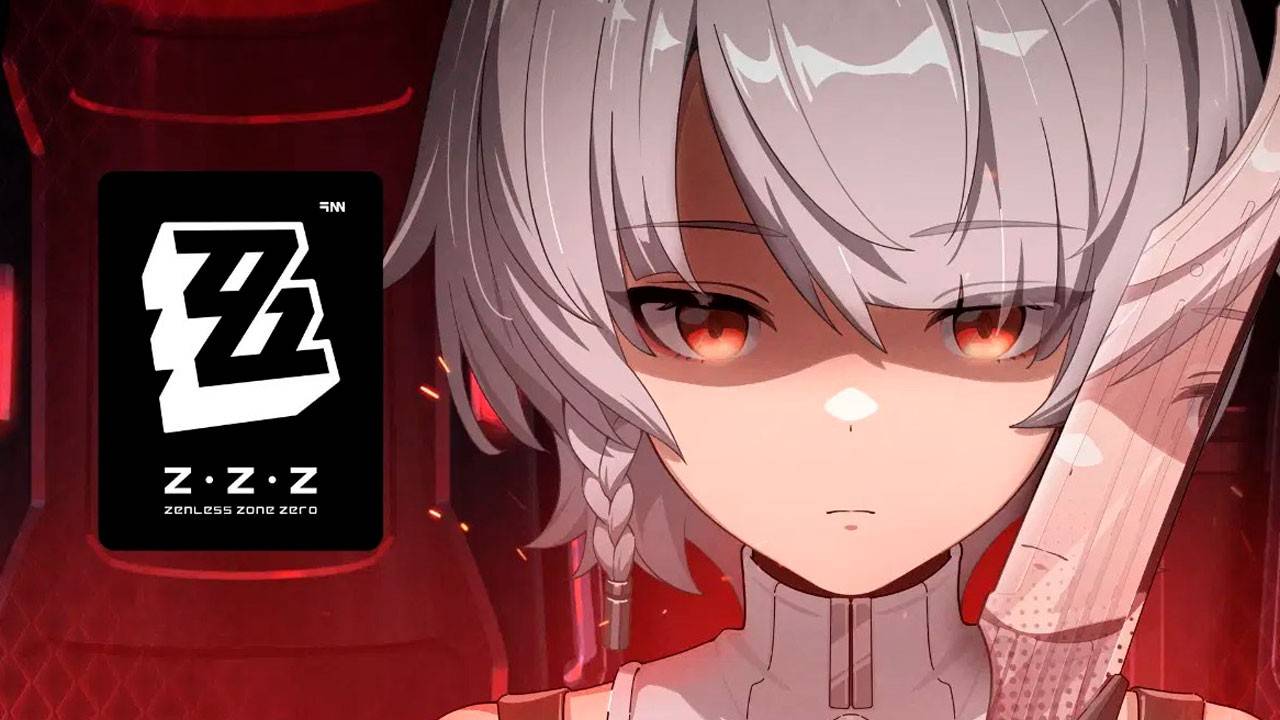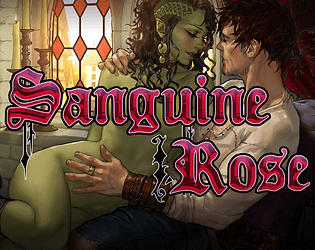Former BioWare developers have criticized EA's assessment of Dragon Age: Dreadwolf's underperformance and the subsequent restructuring of BioWare. EA CEO Andrew Wilson attributed the game's failure to a lack of broad appeal, citing a need for "shared-world features and deeper engagement" alongside strong narratives. This statement, interpreted by many as advocating for a live-service model, has been met with resistance from former BioWare staff.
The game's development was plagued by challenges, including layoffs and the departure of key personnel, leading to a significant shift from an initially planned multiplayer structure to a single-player RPG. This pivot, according to Bloomberg reporter Jason Schreier, was described by BioWare staff as a miraculous achievement given EA's initial push for live-service elements.
David Gaider, former narrative lead on Dragon Age, argued that EA's conclusion—that the game should have been live-service—is short-sighted. He suggested EA should instead emulate Larian Studios' success with Baldur's Gate 3, focusing on the core strengths of the Dragon Age franchise that previously drove strong sales. He emphasized the existing and dedicated fanbase that awaits a return to form.
Mike Laidlaw, a former creative director on Dragon Age, expressed even stronger dissent, stating he would resign if pressured to transform a successful single-player IP into a purely multiplayer experience. He highlighted the potential damage to the core elements that fans cherish.
The restructuring of BioWare, involving significant layoffs, leaves the future of the Dragon Age franchise uncertain. EA's CFO, Stuart Canfield, framed the decision as a reallocation of resources to prioritize high-potential projects, emphasizing the changing industry landscape and the need to adapt to evolving player expectations. The focus now shifts entirely to Mass Effect 5, led by a team of experienced developers.















